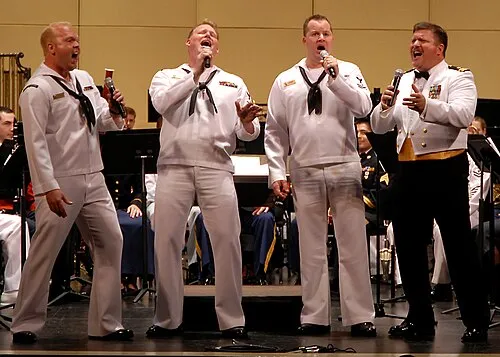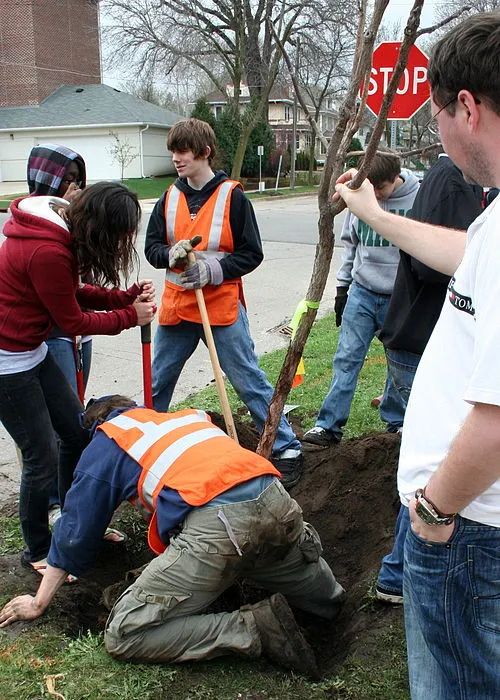
Celebrating Peace Day in Ivory Coast: A Commitment to Harmony
Peace Day, celebrated on September 21 each year, is an essential observance in many countries, including Ivory Coast. This day is dedicated to promoting peace and encouraging the spirit of unity among communities. In this article, we will explore the significance of Peace Day in Ivory Coast, its historical context, and the various activities that take place to commemorate this important occasion.
Historical Context of Peace Day
Peace Day was established by the United Nations in 1981 to coincide with the opening of the annual session of the General Assembly. It serves to recognize the efforts of those who strive for peace and to remind all nations of the need for ceasefire and non-violence. In Ivory Coast, which has experienced periods of civil conflict and unrest, Peace Day serves as a poignant reminder of the importance of reconciliation and harmony among its diverse population.
Significance of Peace Day in Ivory Coast
The significance of Peace Day in Ivory Coast goes beyond a mere observance; it symbolizes a collective aspiration for a stable and prosperous future. This day encourages citizens and leaders alike to reflect on the efforts made towards peace and the ongoing challenges that remain. It promotes the ideals of forgiveness, understanding, and coexistence.
Activities and Celebrations
On Peace Day, various activities take place throughout Ivory Coast, focusing on fostering peace and unity among its citizens. Some common activities include:
- Community Events: Local communities organize events such as workshops, dialogues, and peace festivals that engage citizens in discussions about the importance of peace and conflict resolution. These gatherings often feature speeches from community leaders and activists who highlight the necessity of collective efforts toward maintaining harmony.
- Educational Programs: Schools and educational institutions play a significant role in promoting Peace Day. Students engage in projects that focus on peace education, advocacy campaigns, and artistic expressions such as drawing and poetry that reflect their vision of a peaceful society.
- Cultural Performances: Traditional music and dance performances are an integral part of Peace Day celebrations. These cultural displays foster a sense of unity as they bring together people from various ethnic backgrounds, showcasing the country's rich diversity.
- Religious Services: Many communities participate in interfaith prayer services that emphasize peace, tolerance, and understanding. These gatherings provide an opportunity for different religious groups to come together and collectively pray for peace in the nation and the world.
The Role of Government and NGOs
The Ivorian government, alongside various non-governmental organizations (NGOs), plays a crucial role in promoting initiatives related to Peace Day. They provide resources, support community projects, and engage in dialogues focused on peacebuilding. By collaborating with local communities, they aim to ensure that the messages of peace, unity, and reconciliation resonate throughout the nation.
Conclusion
Peace Day in Ivory Coast serves as a powerful reminder of the ongoing journey toward national harmony and stability. By acknowledging the significance of this day, Ivorians can reflect on their collective responsibility to foster peace in their communities. Through engaging activities, educational programs, and collaboration across all sectors of society, Peace Day can help pave the way for a brighter future for generations to come. As the nation continues to heal from its past conflicts, the commitment to peace remains paramount in moving forward together.






